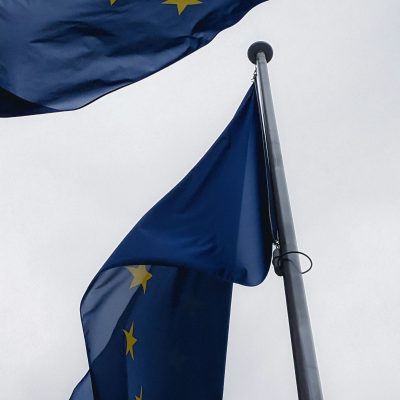The French “no” vote of 29 May 2005: understand, act

History never ends. It is not a long calm river. Its course stretches out in time, meandering uncertainly through crises and upturns – one day in the depths of despair, the next sweetness and light. The construction of Europe can no more escape this rule today than it could over the past fifty years. Yesterday all was exaltation over the spectacular arrival of the euro. Today all is anxiety and even disarray: after the dual “no” vote of France and the Netherlands to the draft Constitutional Treaty, a state of emergency has been declared, implicitly at least. Europe’s institutions are in deadlock, the economy has come to a standstill and budget conflicts are worsening, but the geographical area of the Union continues to expand… The public has become confused and skittish. The time has come to react, but how? How can we get things back on an even keel? How can we reconcile Europeans with Europe?
In this document, Gaëtane Ricard-Nihoul intends to describe the process, which – and she is convinced of this – will pull the Community coach out of the mud into which it has sunk. Before doing so, however, and because the nature of a sickness must be properly diagnosed before a remedy can be prescribed, she explores the reasons for the “no” vote in detail.




